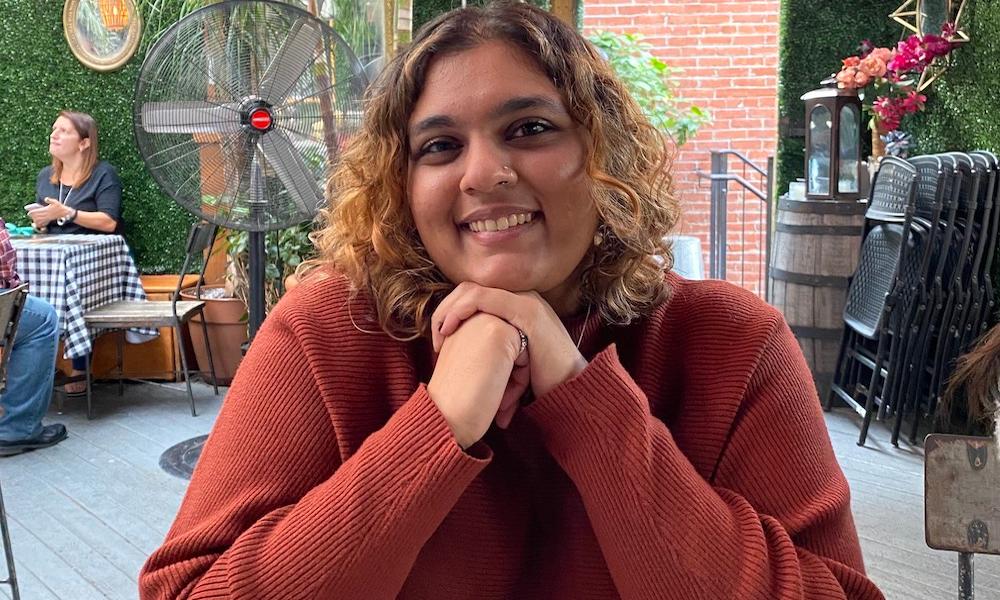How Do Criminal Defendants Evaluate Plea-bargain Offers?
News
SUMMARY: Anisha Patel, a graduate student in the Psychological Sciences program, is studying how criminal defendants evaluate plea-bargaining offers and the factors that could potentially influence their decision-making process. Anisha received an Advancing intelligent Minds (AIM) grant that facilitated this research.
By Laureta Ramaj, Graduate Student, M.A. in Communication & Advocacy
You have been charged with a crime. You are entitled to a jury trial, but you are offered a plea deal. What do you do? What factors will affect your decision to accept the plea bargain instead of going to trial? That’s precisely what Anisha Patel, a graduate student in the Psychological Sciences department is exploring.
Anisha did not think that she would seek a master’s degree in Psychology. After high school, she was determined to follow in her brother’s footsteps and attend medical school. When she took a Psychology class during college, she realized her true calling and focused her studies on forensic psychology. She became even more passionate about this field when she started to work with a forensic psychologist at George Mason University, who later became her mentor. The more Anisha delved into research the more committed she became. She now wants to pursue a doctoral degree. “I guess it was just a mix of my love for research, psychology, and passion about my mentor’s job – I want to get a Ph.D., so I can do what he does.”
Anisha is interested in many areas of forensic psychology, so, at first, she wasn’t sure what she wanted to be the focus of her research. However, during her second semester at JMU, her classes included issues that piqued her interest and helped her identify a focus for her thesis. She decided to conduct research on criminal defendants and how different cognitive biases affect their decision-making and plea bargaining. A plea bargain sometimes referred to as a plea deal, is an agreement between a defendant and a prosecuting attorney, where the defendant pleads guilty to get the punishment reduced or some charges dropped. Anisha is looking at what affects a defendant’s decision to either accept the plea bargain or go to trial.
She wanted to compensate the participants that were going to be involved in her study and the AIM grant provided her with the funding she needed. AIM grants are designed to help underrepresented graduate students remove barriers that can prevent them from achieving their academic potential. So, it seems appropriate that they be used to support work that they are passionate about and can help make a great difference for other underrepresented communities.
According to Anisha, there is little research that has focused on the defendant’s decision-making with respect to plea bargains. Many researchers have studied how attorneys make decisions, and how juries respond during trials, but it is rare for the focus to be on the choices made by the defendant. “Ultimately, the decision to accept the plea bargain falls on the defendant’s shoulders and that’s why I think it’s important to look at the factors that influence that decision”.
Anisha hopes that her research will positively impact her field of study by helping fill gaps in the literature and that the work will jump-start her career in forensic psychology.
